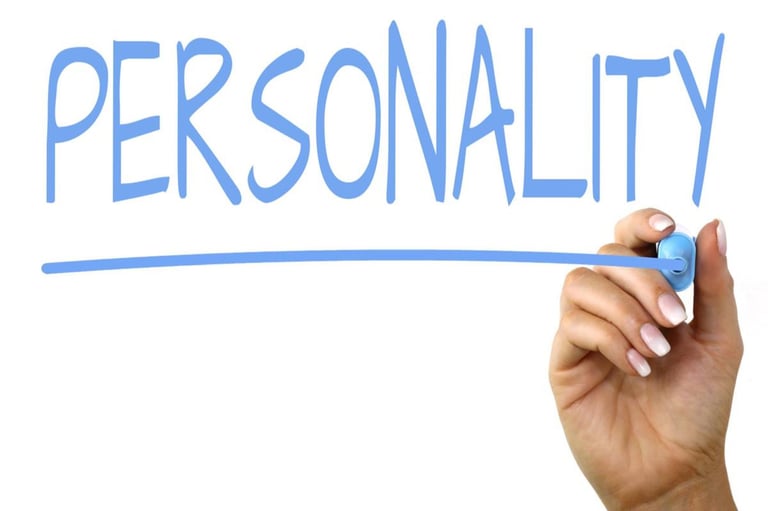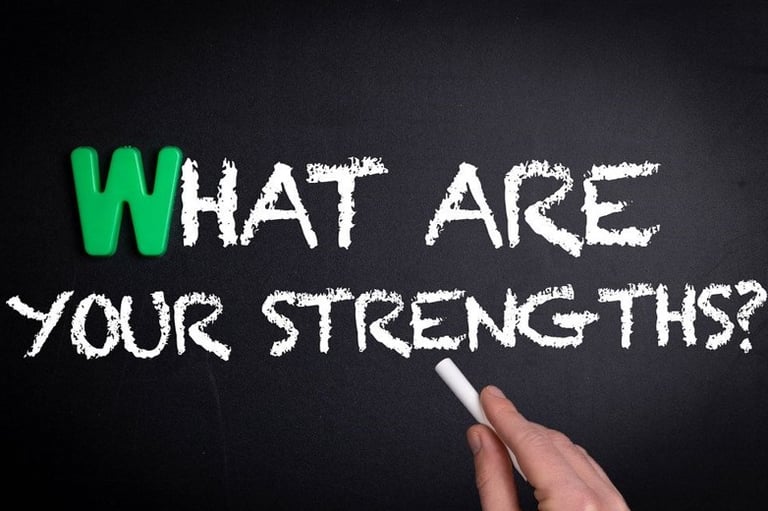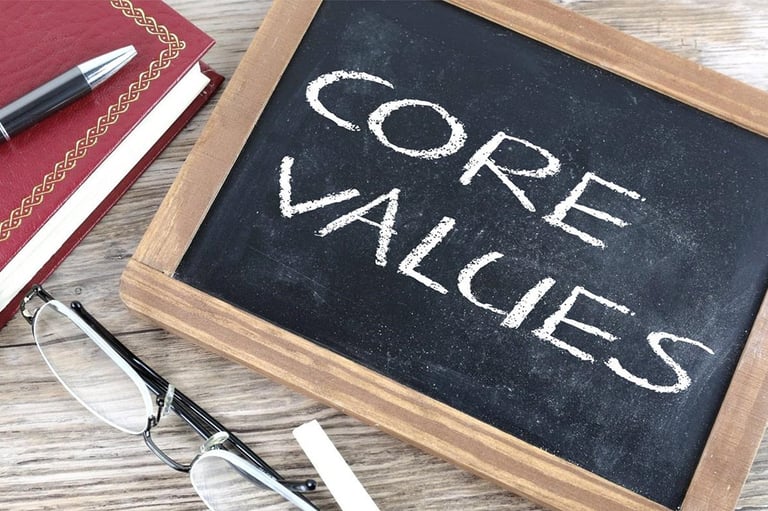
Career Assessments
Career assessments can give you helpful insights about your interests, personality, strengths, and values. They also show how these traits connect to possible career paths. Use these tools to learn more about yourself, explore options, and make informed choices about your next steps.
Interests
Strong Interest Inventory (Paid)
Matches your interests to career paths by comparing your preferences to those of people working in different careers. Often used by career counselors for in-depth guidance.
O*NET Interest Profiler (Free)
A U.S. Department of Labor tool that helps you identify your top interest areas and find related occupations. Try the O*NET Interest Profiler




Personality
Myers-Briggs Type Indicator (MBTI) (Paid)
Explores your personality preferences including how you take in information, make decisions, and interact with the world and connects your results to potential careers.
16 Personalities (Free)
An online MBTI-style assessment with easy-to-read reports, strengths/weaknesses, and career suggestions. Take the 16 Personalities test


Strengths
CliftonStrengths (StrengthsFinder) (Paid)
Identifies your top talents so you can focus on developing your natural strengths in work and life. Widely used by employers and coaches.


Values
MyPlan Career Values Assessment (Free)
Helps you identify your core career values such as creativity, independence, security, or helping others so you can explore careers that best fit your motivations.
How to Use These Assessments
The best way to get the most out of career assessments is to take more than one so you can see a fuller picture of yourself. Look for patterns that show up across your results. Those recurring themes can be powerful clues about the kinds of work you may enjoy. Then, use what you have learned as a starting point for real world exploration such as informational interviews, job shadowing, or volunteering. Remember, assessments are guides, not rules, so let them spark ideas while you keep an open mind and explore.
© 2025 Career Foundations. All rights reserved.